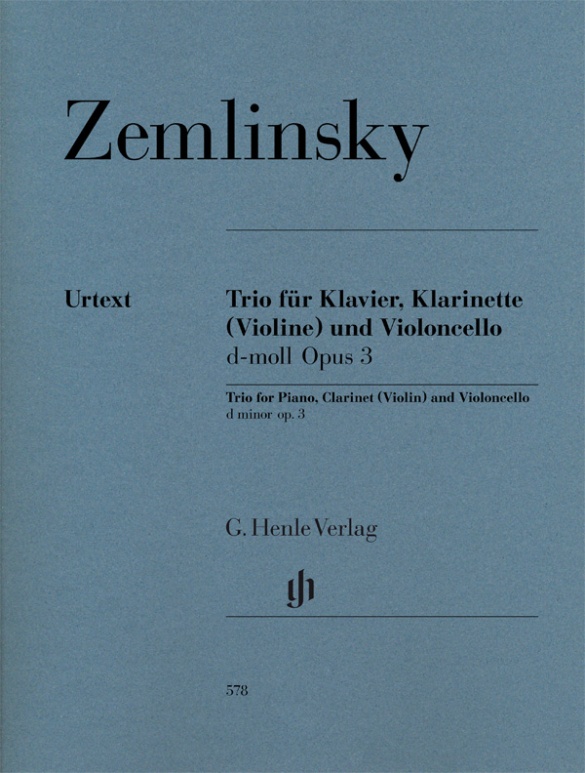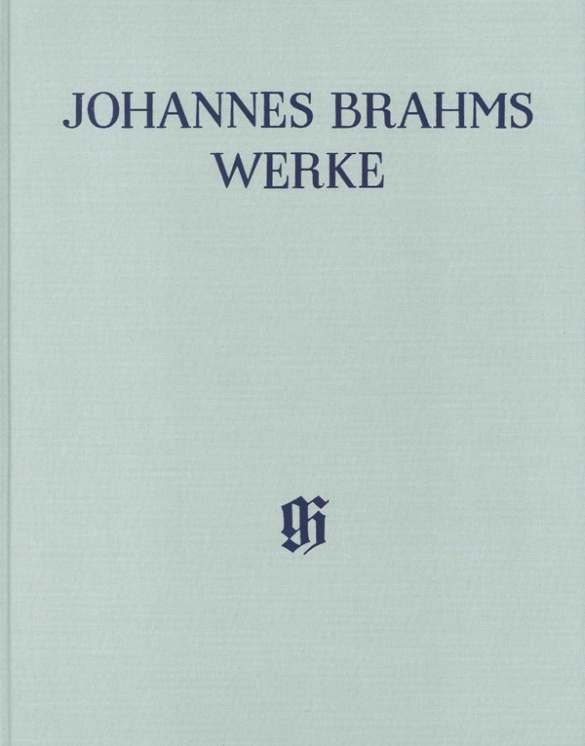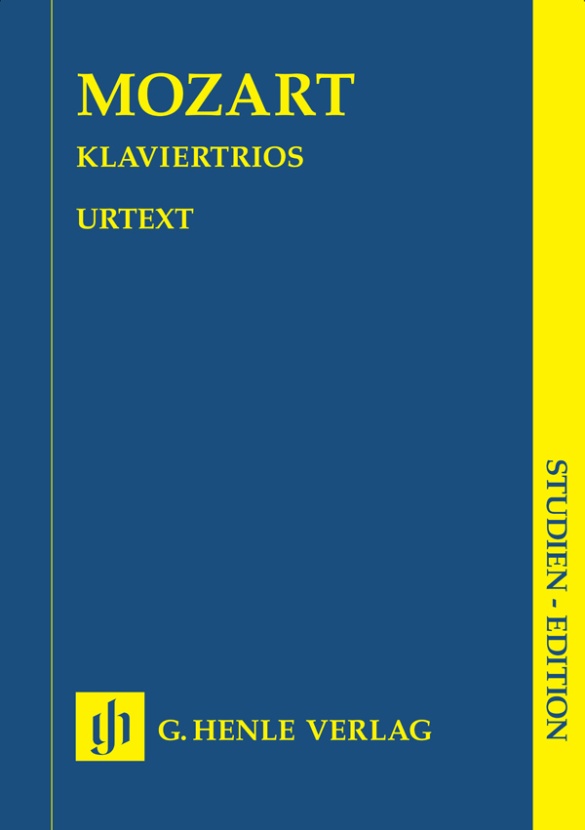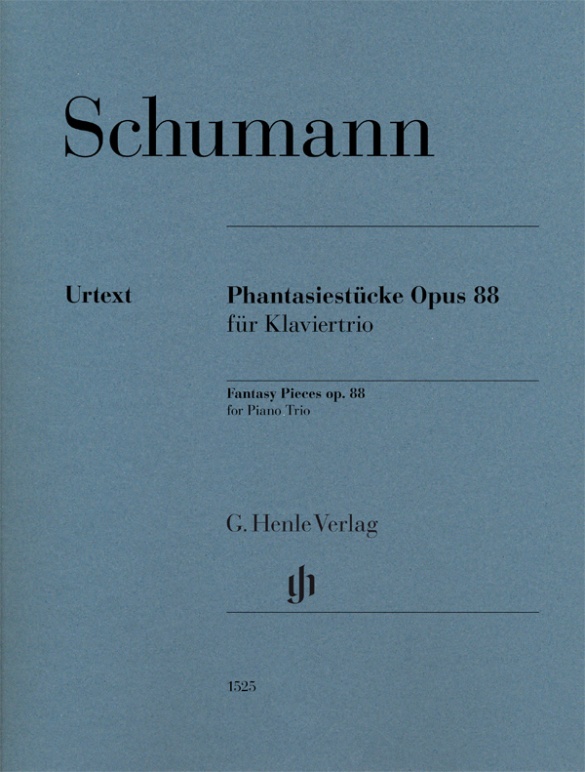Alexander Zemlinsky
Clarinet Trio d minor op. 3 for Piano, Clarinet (Violin) and Violoncello
Alexander Zemlinsky is mainly known for his operas and orchestral songs with their opulent late Romantic orchestration. His earlier, inspired hit, the Trio for Clarinet op. 3, written in 1896, owes a great deal to his first important role model Johannes Brahms as far as inflection and instrumentation are concerned. And it was none other than Brahms himself who enthusiastically recommended the trio to his publisher Simrock, following the first performance in Vienna. As the autograph has disappeared, our edition follows the musical text in the first edition. It underwent careful examination and was cleared of numerous, partly blatant engraver’s errors. Alongside the piano score, our edition comprises a part for clarinet in B flat/A, an authentic alternative part for violin as well as a cello part.Read more about this edition in the Henle Blog.
内容/詳細
作曲家について
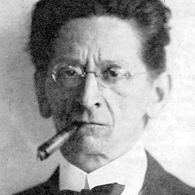
Alexander Zemlinsky
One of the most important conductors and composers of opera in the first third of the twentieth century, who attained the recognition he deserved only in the 1970s.
| 1871 | Born in Vienna on October 14. Piano instruction beginning at age 4. |
| 1884–92 | Education at the Conservatory of the Gesellschaft der Musikfreunde (Society of Friends of Music) in Vienna. Early chamber music in the style of Brahms. |
| 1895/96 | Founder and director of the amateur orchestra “Polyhymnia,” where he meets Schönberg; beginning of their friendship, though he does not pursue the path to atonality and later criticizes Schönberg’s twelve-tone technique. |
| 1900–03 | Principal conductor at the Carltheater in Vienna. |
| from 1903 | Instructor at the Schwarzwald school, where he teaches Berg, Horwitz, Jalowetz, E. Stein, and Webern. |
| 1904–06 | Composition of the opera “Der Traumgörge” (“Görge the Dreamer”). |
| 1904–11 | Music director of the Vienna Volksoper. |
| 1907 | Conductor at the Vienna Court Opera. |
| 1910 | Premiere in Vienna of his opera “Kleider machen Leute” (“Clothes Make the Man”). |
| 1911–27 | Kapellmeister at the German Theater in Prague. Engaged as instructor at the German Academy for Music and Fine Arts, as rector after 1920. Composition of the String Quartet No. 2; the Lyric Symphony, Op. 18 (1922/23); the “Six Maeterlinck Songs,” Op. 13 (1910/1913); and the Wilde operas “Eine florentinische Tragödie” (“A Florentine Tragedy,” premiere 1917) and “Der Zwerg” (“The Dwarf,” premiere 1922). |
| 1927–30 | First Kapellmeister at the Berlin Kroll Opera under Klemperer. Engaged as instructor at the Academy of Arts (choral class). |
| 1933 | Premiere in Zurich of the opera “Der Kreidekreis” (“The Chalk Circle”). Return to Vienna because of the Nazi regime. |
| 1934 | Songs, Op. 22, on poems by Morgenstern and Goethe. Political circumstances prevent his engagements; contracts previously signed are nullified on account of his Jewish heritage. |
| 1935–38 | Composition of the opera “Der König Kandaules” (“King Kandaules”), which remained unfinished (premiere in 1996, completed by A. Beaumont). |
| 1938 | Emigration to the United States. |
| 1942 | Death in New York on March 15. |
校訂者や運指担当者について
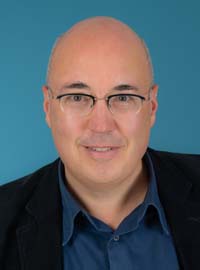
Dominik Rahmer (校訂)
Dr. Dominik Rahmer, born in 1971 in Mainz, studied musicology, philosophy and maths in Bonn. He did his Magister Artium in 1999 and his doctorate in 2006 with a thesis on the music criticism of Paul Dukas.
From 2001 to 2011 he was employed at Boosey & Hawkes/Bote & Bock in Berlin, where he also worked on the Critical Edition of the Works of Jacques Offenbach (OEK). Since 2011 he has been an editor at G. Henle Publishers in Munich, with a particular focus on French and Russian music and works for wind instruments.

Klaus Schilde (運指)
Prof. Klaus Schilde, born in 1926, spent his childhood in Dresden. There he was greatly influenced by Walter Engel, who taught him the piano (Kodaly method), composition and violin. From 1946–1948 he studied at the music conservatory in Leipzig with Hugo Steurer. After moving to the west in 1952 he studied with Walter Gieseking and Edwin Fischer, as well as with Marguerite Long, Lucette Descaves and Nadia Boulanger in Paris.
Schilde won numerous prizes. From 1947 onwards he gave concerts as a soloist and chamber musician on almost every single continent with renowned orchestras. He taught at the music conservatories in East Berlin Detmold, West Berlin, Munich, Tokyo (Geidai) and Weimar. From 1988–1991 he was President of the Staatliche Hochschule für Musik und Theater in Munich, where he also taught for decades as a professor. There are numerous radio and television broadcasts with Klaus Schilde as well as CD recordings. Schilde has contributed fingerings to almost 100 Henle Urtext editions.
Prof. Klaus Schilde passed away on 10 December, 2020.
製品安全に関する情報

G. Henle Verlag
製品の製造元に関する情報はこちらでご覧いただけます。G. Henle Verlag
Forstenrieder Allee 122
81476 München
info@henle.de
www.henle.com
Dominik Rahmer hat überzeugende Lösungen gefunden und allein, dass nach über 100 Jahren dieses im Konzertleben zu selten gespielte Trio von Alexander Zemlinsky von Fehlern bereinigt und in einer sehr gut lesbaren Klavierpartitur und entsprechendem Stimmenmaterial zur Verfügung steht, ist äußerst verdienstvoll.
Die Tonkunst, 2018Henle en publie une édition Urtext due à Dominik Rahmer, travail particulièrement précieux car l`unique édition d`origine était remplie d`erreurs.
La Lettre du Musicien, 2017Considerando la vetustà e le evidenti imprecisioni e incoerenze della prima edizione Simrock, come anche l`assenza del manoscritto originale, l`edizione Henle si pone oggi quale punto di riferimento per una conoscenza critica del lavoro in questione.
Archi Magazine, 2017Wie von Henle-Ausgaben bekannt erfreut auch diese Ausgabe durch das vorausschauende Druckbild der Seiten in puncto gefahrenfreies Blättern (ausklappbare Seiten) sowie angenehme Lesbarkeit (nicht zu dichter Satz) mit einem hohen Spielkomfort. (...) Eine interpretenorientierte Ausgabe, mit der sowohl gut geprobt als auch gut konzentriert werden kann.
ESTA-Nachrichten, 2017This is yet another fine edition from G. Henle Verlag.
AUSTA Stringendo, 2017おすすめ
autogenerated_cross_selling
このタイトルを含む他の版


